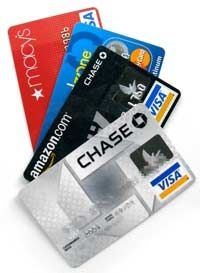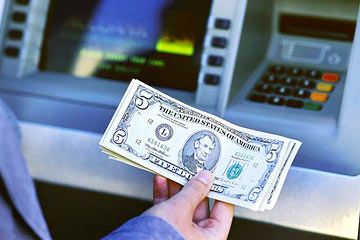Online money transfer is where the old-fashioned concept of wiring money converges with the modern technology of electronic funds transfer, or EFT. You probably use EFT all the time -- it's simply a completely electronic way of transferring money from one bank account to another bank account. Data is exchanged; paper money is not. Using a debit card at a store transfers money from your checking account into the store's banking account. Direct deposit payroll moves money from your employer's bank account into yours. Both of these transactions are examples of EFT, and so is online money transfer.
But online money transfer is distinctly different from EFT -- this is not about a way to pay your bills over the Internet. Online money transfer is the modern-day equivalent of wiring money: You can send someone money instantaneously simply by transferring money (or the data that represents that money) from you to another person. Usually involving little more than contact information -- such as a cell phone number or an e-mail address -- for the sending and receiving parties tied to a bank account, online money transfer can be done for a small fee from a secure, Web-based service via any computer with Internet access. There's no need to go to a money wiring office, telegraph station or even a bank.
Advertisement
So that's how you send money. But why would you want to … and is it safe?



